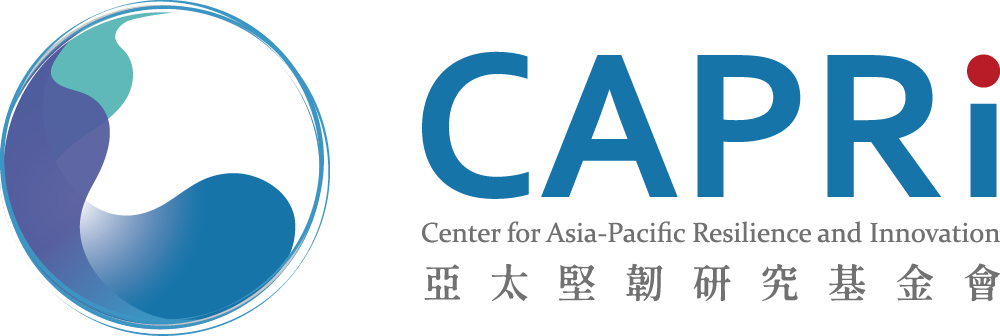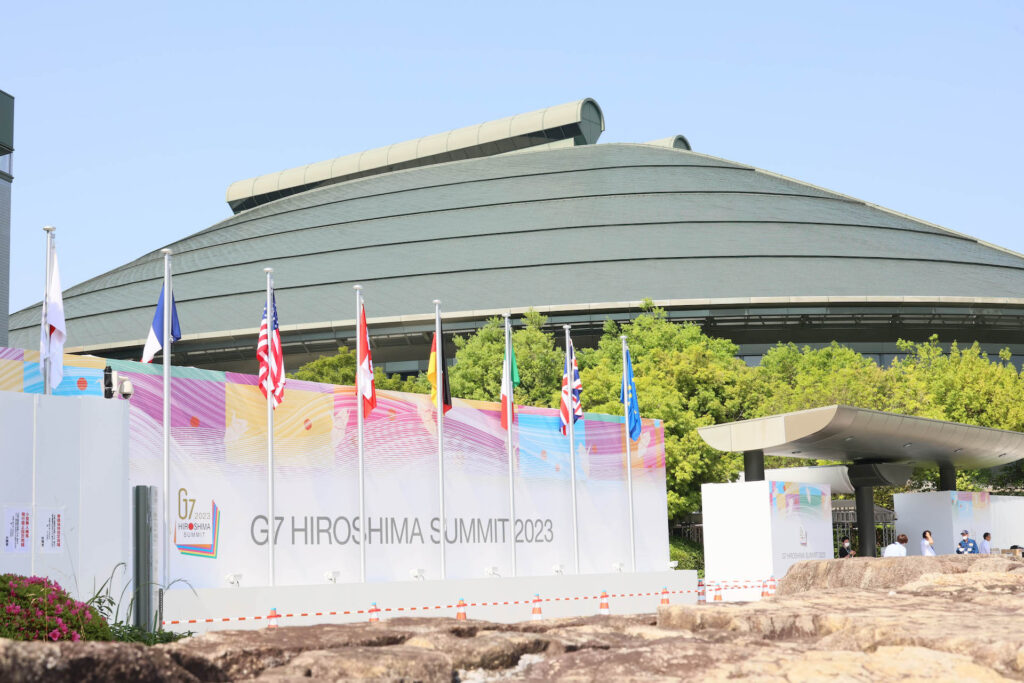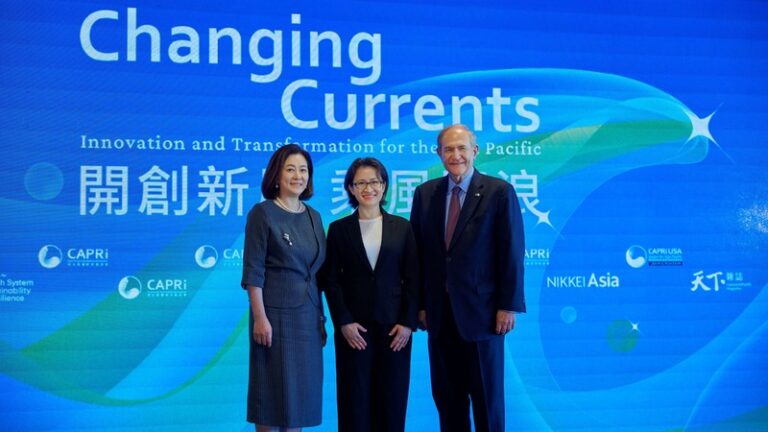The COVID-19 pandemic exposed vulnerabilities in health systems worldwide. As we exit the emergency stage of the pandemic and policymakers adopt a post-pandemic mindset, we must use the lessons learned from this health crisis to strengthen national and global sustainability and resilience.
The Asia Pacific has much to share in this regard. This year, the Center for Asia-Pacific Resilience and Innovation (CAPRI), as part of the Partnership for Health System Sustainability and Resilience (PHSSR), is collaborating with researchers from around the region to evaluate and propose policy recommendations for health systems in the region. The researchers’ recommendations for Malaysia, Singapore, South Korea, Taiwan, and the Pacific island countries of the Marshall Islands, Tonga, and Vanuatu will be discussed at CAPRI’s Annual Forum on May 29, where key stakeholders in the regional policy community will gather in Taipei.
PHSSR is a cross-sector initiative among the World Economic Forum, the London School of Economics, KPMG, Philips, AstraZeneca, the WHO Foundation, and CAPRI. Since 2020, PHSSR has been committed to collaborating across sectors and borders to help build more resilient and sustainable health systems for the future. The partnership’s new overarching report highlights the common strengths, weaknesses, and future directions of health systems from PHSSR research completed in 18 countries. As PHSSR’s Asia-Pacific research hub, CAPRI is identifying continuing challenges in the wake of the pandemic and solutions to prepare the world for the next crisis.
In conjunction with the 2023 G7 Summit in Hiroshima, Japan, we call for the world’s governments to make the following investments to achieve sustainable and resilient health systems:
- Invest in health infrastructure, systems, and people. Public health infrastructure, health promotion, surge capacity, and long-term care need the funding and expertise to be sustainable and prepared for future crises. Governments must recognize that this spending on systems and professionals—from the community to the national level—is an investment in productive and healthy societies, not a cost to be managed. While Asia-Pacific countries continue to face this challenge, the national health insurance programs of some countries in the region are exemplary models of health investment and sustained political will.
- Invest in equitable modernization. As digital health, telemedicine, and groundbreaking new technologies enable people to access care during the pandemic and live healthier lives, many health systems are lagging. Furthermore, universal health coverage and population health are the foundation of resilient health systems. Per the Hiroshima G7 Global Health Task Force’s April 2023 statement, investing in equal access to digital health and universal health coverage can ensure that vulnerable groups are not left behind. With some of the most digitalized societies in the world but also inequities, the Asia Pacific can share its experience of digitalization to fill gaps in the world’s health systems.
- Invest in the environment and One Health. Governments worldwide must recognize the health risks at the interface of environmental, animal, and human health. Investment in One Health is crucial for the Asia Pacific, which is vulnerable to new disease outbreaks as well as the climate crisis. From the emergence of zoonotic diseases to the large carbon footprint of health systems, the looming climate crisis will be disastrous for people’s lives and livelihoods unless the world invests now in One Health and climate resilience.
Immediate action is crucial. Governments must not only focus on building resilient health systems but also find innovative ways to create a sustainable future for all, recognizing that solutions will come from all-of-society collaboration among academia, the private sector, civil society, and government.
Issued by






